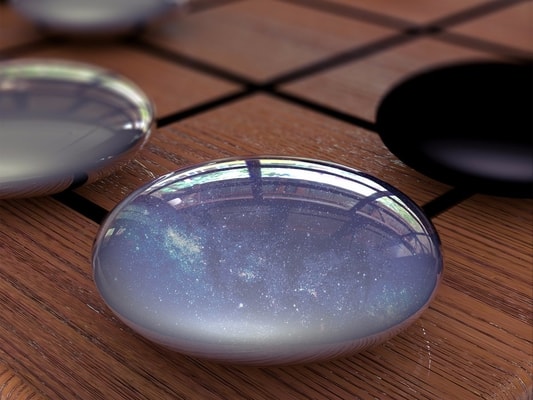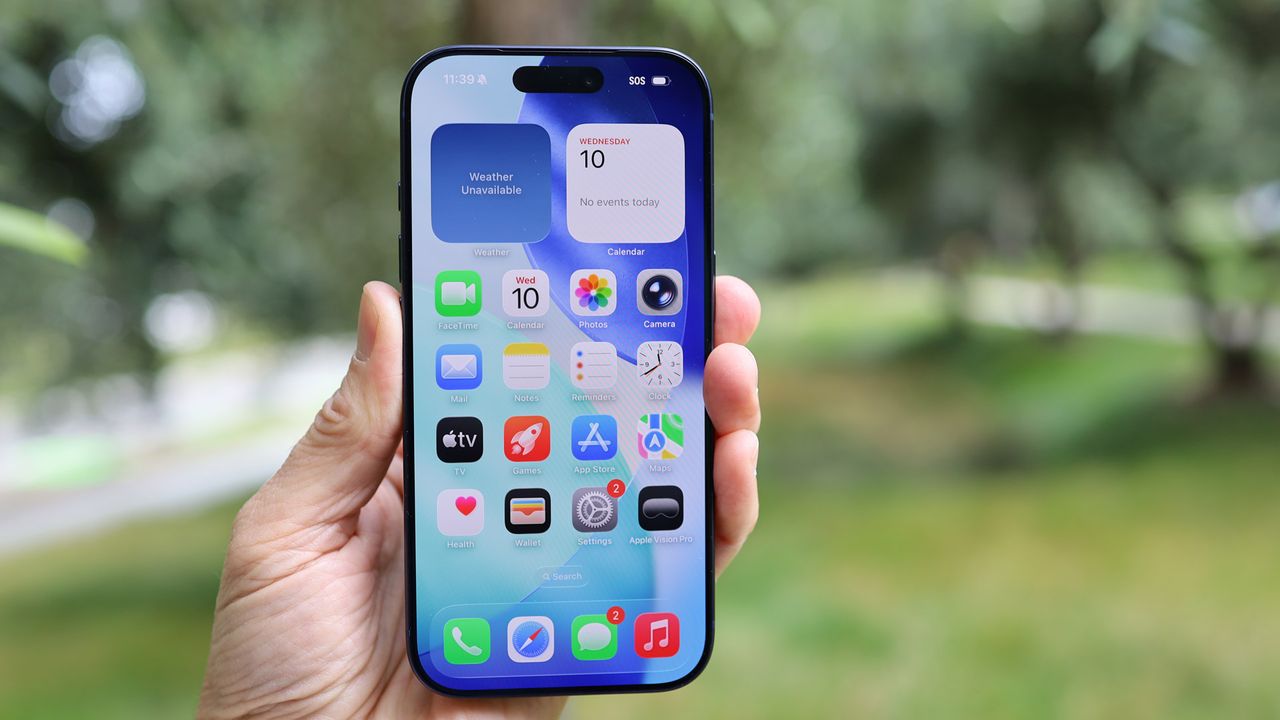
AlphaGo was the first computer program to defeat a professional human Go player. It was also the first program to defeat a Go world champion and arguably the strongest Go player in history. Until now. AlphaGo had its first formal match against the reigning 3 time European Champion, Fan Hui in October 2015. AlphaGo defeated Hui 5 times. The results were published in full technical detail in the international journal. Then AlphaGo went on to compete against Lee Sodol, winner of 18 world titles and who is widely considered the greatest player in the last decade. In that match, AlphaGo had a 4-1 victory. This begs the question – can you beat a computer?
The answer is yes, but not necessarily by a human, but by another computer. AlphaGo was the first artificial intelligence to defeat a human at Go, but now there is another artificial intelligence in town beating AlphaGo. Known as AlphaGo Zero. AlphaGo Zero had a 100-0 victory over AlphaGo. This is a huge advance in the field though. It is a sign of technological singularity.
Known simply as singularity, it is the theory that the invention of artificial superintelligence will trigger runaway technological growth, resulting in changes to human civilization. According to this hypothesis, an upgradable intelligent agent (such as a computer running software-based artificial general intelligence) would enter a “runaway reaction” of self-improvement cycles, with each new and more intelligent generation appearing more and more rapidly, causing an intelligence explosion and resulting in a powerful superintelligence that would, qualitatively, far surpass all human intelligence.
The incredible and interesting part about all of this is that AlphaGo Zero didn’t just win a few times. It won 100 times. The other incredible thing was that it only took AlphaGo Zero three days to train itself from scratch to acquire thousands of years of human Go knowledge. All it had to do was play itself. The only input it had was what it does to the positions of the black and white pieces on the board.

We have seen technology defeat humans before. But we haven’t necessarily seen technology defeat technology. Deep Blue defeated Garry Kasparov at chess in 1997. IBM’s Watson defeated two of the world’s best Jeopardy! champions back in 2011. More recently four professional no-limit Texas hold’em poker players lost to Liberatus – which is an AI developed by computer scientists at Carnegie Mellon University.
This is a big deal. I might not be expressing it that way, but it is. To start, the original AlphaGo had the benefit of learning from thousands of previously played Go games – including those played by human amateurs and professionals. AlphaGo Zero, on the other hand, received no help from humans. Using “reinforcement learning”, AlphaGo Zero played itself over and over again “starting from random play, and without any supervision or use of human data”. This allowed the system to improve and refine its digital brain, known as a neural network, as it continually learned from experience. This basically means that AlphaGo Zero was its own teacher.
After just three days of self-play training and a total of 4.9 million games played against itself, AlphaGo Zero acquired the expertise needed to trounce AlphaGo (by comparison, the original AlphaGo had 30 million games for inspiration). After 40 days of self-training, AlphaGo Zero defeated another, more sophisticated version of AlphaGo called AlphaGo “Master” that defeated the world’s best Go players and the world’s top-ranked Go player, Ke Jie. Earlier this year, both the original AlphaGo and AlphaGo Master won a combined 60 games against top professionals. The rise of AlphaGo Zero, it would now appear, has made these previous versions obsolete.
This is a major achievement for AI and the subfield of reinforcement learning in particular. By teaching itself, the system matched and exceeded human knowledge by an order of magnitude in just a few days, while also developing unconventional strategies and create new moves. For Go players, the breakthrough is as sobering as it is exciting; they’re learning things from AI that they could have never learned on their own, or would have needed an inordinate amount of time to figure out. For the rest of the world, it brings up the same feeling. What kinds of things could this lead us to? Gameplay is an interesting way to bring this technology to light. But it’s not the goal. How could this help in the medical field? Or can it? Overall, this is a huge advancement towards singularity. Is that a good thing?



